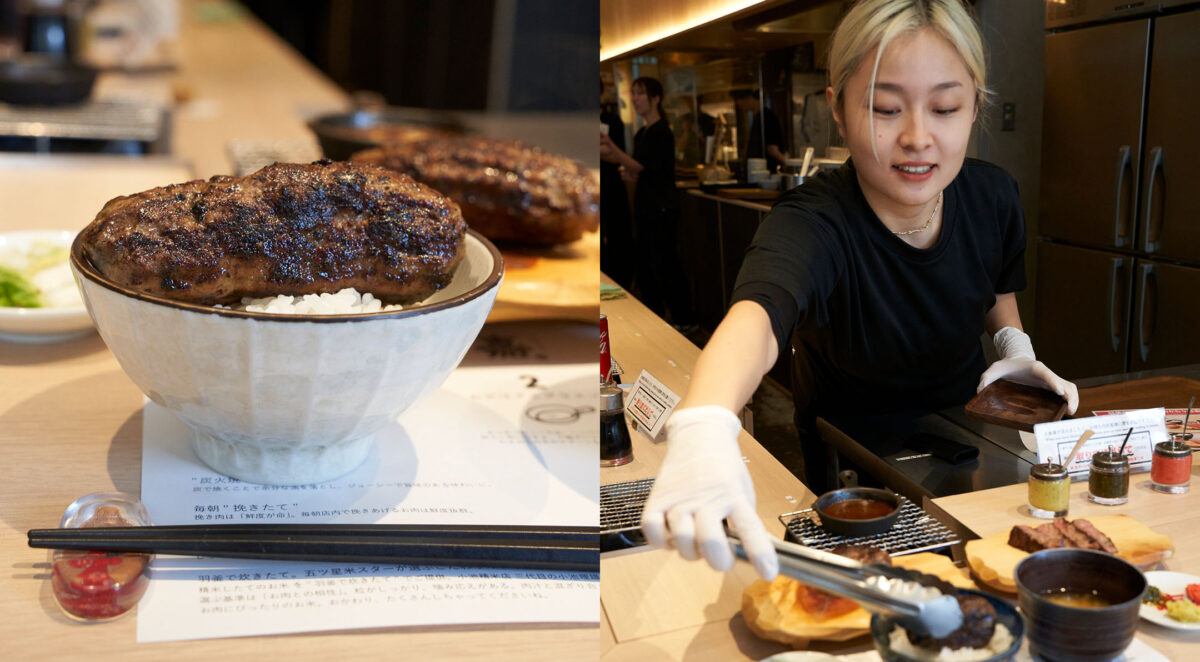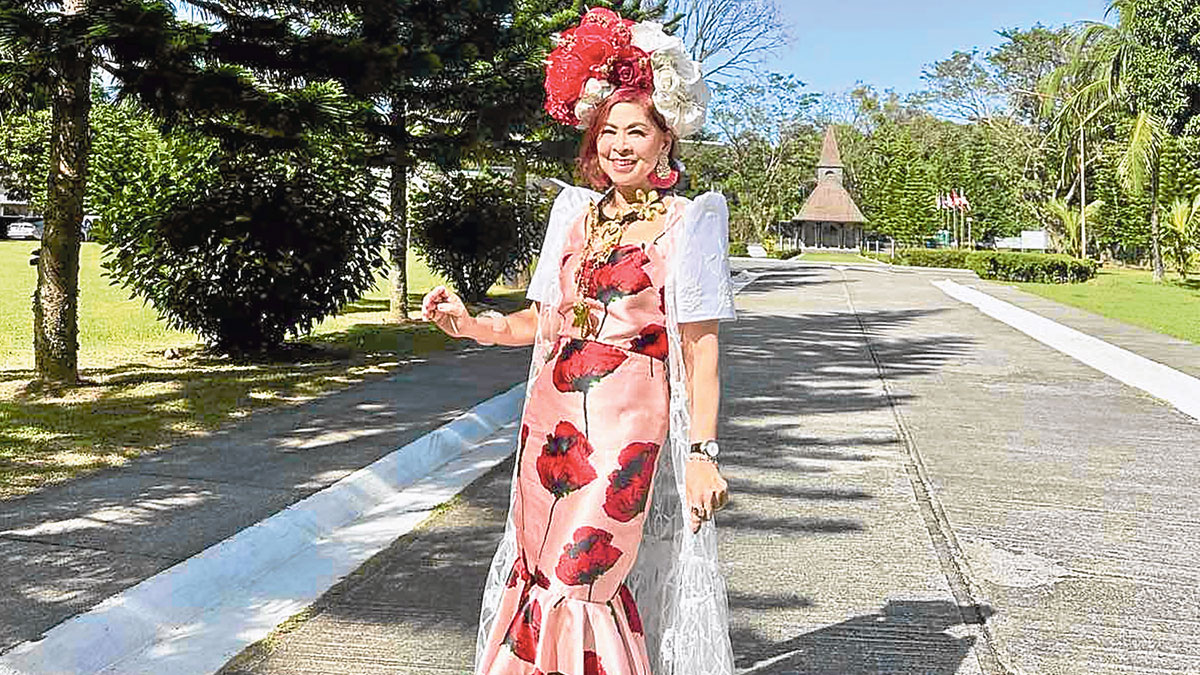
What for Hoffarth is just a personal account that she wants to share with her son, Paul, and a few friends and family, becomes in the end, a very quaint and profound memorial of Manila and Negros from the 1950s to ’70s and of New York, London and Germany from the 1980s up to the present.
The personal history or “herstory” in this case, becomes communal. Her narrative resonates with us all who have witnessed the rural to urban transformation of our hometowns.
Every time she talks about Negros in those days when there were still cinema houses, I vividly recall, too, the cinema houses in Pasig, the noisy clogs worn by most moviegoers, and the smell of butter popcorn and boiled peanuts. And when she talks about the Victorias Milling Company owned by the Ossorios and how a lot of things and events gravitated around this mill such as the local beauty contests, carnivals and fiestas, I also remember how in Barrio Ugong, Pasig, we had similar events sponsored by the rows of factories there; I could see their brands in the confetti and buntings. Since these factories were American firms, I grew up liking everything made from the US: we called the products “stateside.”
But Hoffarth’s memoir allows us to understand, too, the contradiction of American culture. Benefitting from US liberal education, we have also witnessed how these things degenerated and spawned graft and corruption especially during martial law. She recalls working in government and being frustrated when her co-worker’s salary was used as shopping money for an official traveling abroad.
At a time when most Filipino expats were males, she was a woman who must struggle even more because of gender inequality and lack of opportunities for women like her. She experienced homesickness and loneliness.
More important, her memoir cast light on our alienation and why we have adopted a blasé attitude today, very indifferent to what’s going on around us, defeatist and utterly lacking in vitality. She was one of Namfrel volunteers in 1986 who protested the results of the snap elections. One cannot help but sympathize with those who have left the country for good, like Wesley So, who wasn’t supported by the Philippine government and has become the world’s No. 2-ranked chess player. He has left for the United States recently.
Hoffarth is relentless, and at this point when she could spend her retirement in blissful idyll here and abroad, she still cares and hopes that one day all Filipino can come home. But what is clear for her is that we cannot truly be home if we cannot reckon with our past and our problems. It is said that turtles traverse across forests, ponds, creaks, valleys and even dangerous roads to return to food, water, mating and nesting spots, and not just any spot, but spots they remember. In this poignant memoir, we read how Hoffarth, like most of Filipinos, has traversed distant places, struggled to come back, and to dream again and again of a scintillating future ahead.
“When Turtles Come Home” is published by Troubador Publishing Ltd. and Central Books. It is available at Fully Booked.











































